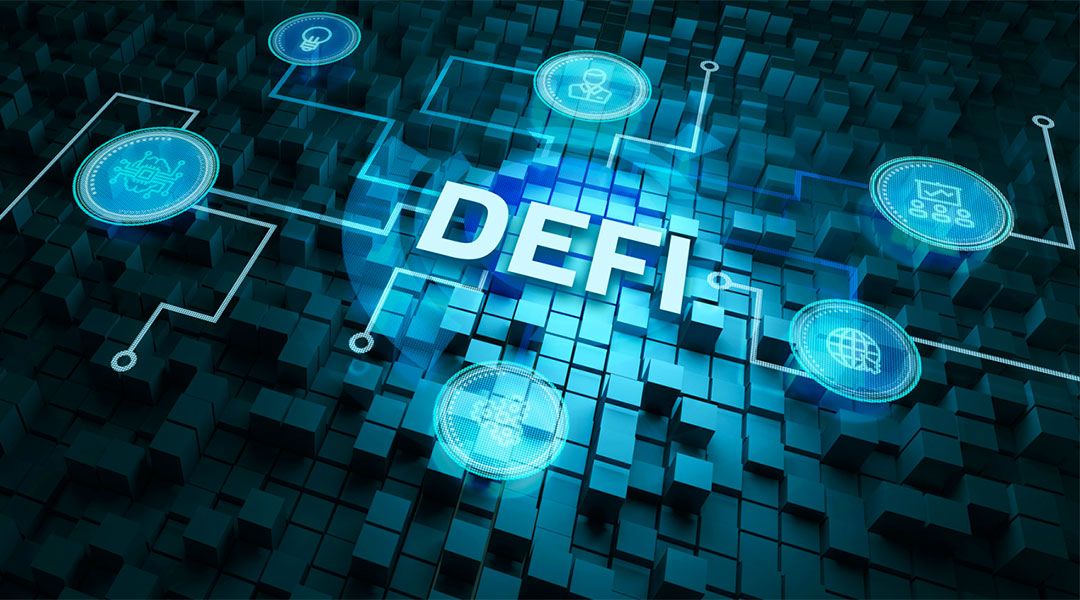Why the Cambridge Analytica / Facebook Scandal Requires us to Rethink Social Media

It is an outrageous scandal that we should not accept. Even if your Facebook profile has not been obtained by Cambridge Analytica, we should not accept such a massive breach of privacy, and those responsible should be held accountable. Those valuing their privacy should think carefully about their usage of Facebook.
For those unaware of Cambridge Analytica, it is a data mining and data analysis company that has played a pivotal role in the US Presidential Election of 2016, the Brexit vote and many other political races. Behind the company are key figures of President Trump, including Steve Bannon, Trump’s former strategic advisor, and Robert Mercer, founder of the Government Accountability Institute that uses the dark web and bots to denigrate political opponents.
In 2014, the company used personal information obtained without the authorisation of the users to develop a highly effective system to target individual US voters. Under the pretence of academic research, they harvested 50 million profiles without those users approving of being harvested and then used that data to influence the US election. It is a privacy breach at an unprecedented scale, and it shows that Facebook’s attempts to protect their users are not working.
The previous fake news scandal on Facebook and now this massive data leak makes it clear that we need to rethink social media. At the moment, we have several centralised companies such as Facebook, Twitter or Google that are in full control over our online social media lives. They harvest our data, and they use it for advertising purposes to make billions of dollars. Escaping the power of these companies, unfortunately, is rather challenging.
Deleting your profile is very difficult and is simply not enough as Facebook also keeps shadow profiles of internet users that do not have a Facebook account. As a result, you the internet user has no control over your data and existing social media giants can use it to their liking. In addition, as the Cambridge Analytica leak shows, it creates a major security vulnerability due to the centralised approach. What we need is to rethink social media in light of the current Blockchain revolution.
Blockchain and Social Media
Blockchain offers us a chance to give back control over online social media profiles and online data to the users that created it, who then can monetise their data through advertising or other ways. In addition, it offers increased security by removing the single point of attack we currently have with centralised companies. To achieve this, we would need to delete existing social media networks such as Facebook and re-build them from scratch.
In a world with decentralised social media networks, your online presence becomes yours again, and with that, your online presence becomes private, protected and portable:
A Private Decentralised Social Media Profile
Currently, your social media profile is anything but private. Facebook determines how others can view your profile and how advertisers can use your data. Despite extensive privacy settings, the company constantly creates new ways to breach your privacy, with the latest being their creepy facial recognition option that tags you in photos that people upload even if they do not tag you. Although Facebook announced that this setting would be off by default, when I checked my Facebook privacy settings recently, it was on by default. You might want to check your settings.
A decentralised social media network, on the other hand, would ensure complete privacy of your personal details. The company developing the decentralised social media network will simply have no option to use your personal information without your consent as your data will be tokenised and only you will have the key. As a consequence, within a decentralised social media network, you own your own social media presence, and you determine who gets access to what data. This is enabled by a so-called self-sovereign identity which is currently being developed by multiple companies including uPort and the Sovrin Foundation.
A Protected Decentralised Social Media Profile
The Cambridge Analytica / Facebook privacy breach shows that your data on a centralised social media network is anything but protected. Once hackers have access to the centralised server, they have access to all the data on that server. A self-sovereign identity, however, is a protected identity, because your personal data is not stored on a centralised server for any hacker to access or any analytics firm to harvest. Instead, your tokenised data is stored decentralised on millions of servers.
Since decentralised social media networks only store non-identifiable attributes, it does not matter whether or not the database gets hacked and the attributes stolen. As such, the information that criminals can steal is useless to them, because a string of numbers without any other details does not mean anything and cannot be used for anything. Therefore, blockchain enables a protected decentralised social media profile that is owned by you.
A Portable Decentralised Social Media Profile
If you have used Facebook for a long time and you are an active user, you have created a massive portfolio of thoughts, images, conversations, videos and other pieces of content. Although you can download your data file, you cannot take it somewhere else. This problem exists with any social media network currently out there. As a result, if you wish to leave Facebook due to the existing scandals, you will have to start from scratch on a new platform. To me, that does not make sense, because it is your data and your content. Why is that not portable to another platform if you wish to leave the social media network?
Fortunately, within a decentralised social media network, your data and content are yours, and you will be able to take it wherever you want it to. When you can leave a network at any time, it forces the social media network to deliver features that benefit you instead of the advertiser or the shareholder.
The Future of Decentralised Social Media Networks
A decentralised social media network is the holy grail of social media, at least for consumers. However, developing such a social media network is difficult and time-consuming. The technology required for a decentralised social media network is still being developed, and it requires a full decentralised ecosystem, which does not yet exist. However, multiple companies are working on decentralised social media networks, including:
- Sphere – a next-generation social network, separate from big corporations, where users are in full control.
- The Mask Network – a peer to peer decentralised social trading network where traders and bloggers are rewarded for the content they create.
- Akasha – a next-generation social media network powered by Ethereum and the InterPlanetary File System.
Developing a decentralised social media network that needs to replace the likes of Facebook, LinkedIn, Google+ or Twitter is difficult, time-consuming and expensive. And I have not even mentioned the chicken and the egg problem in terms of users that new social media networks have to overcome. After all, if there are no users on the network, it is not very interesting.
However, problems such as the fake news scandal on Facebook or the Cambridge Analytica scandal will, hopefully, result in more attention for decentralised solutions where the user is in full control over their own data and content. I know it will take time, but I am positive that we will succeed in replacing existing centralised social media networks with decentralised social media networks.
This article originally appeared on LinkedIn.





